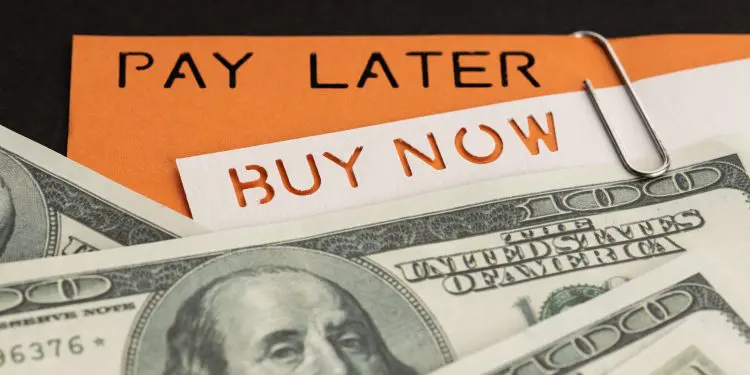
New York Governor Kathy Hochul is backing a plan that would require buy now, pay later (BNPL) lenders to obtain a license to operate in the state. That comes on the heels of a letter three senators sent to the Consumer Financial Protection Bureau (CFPB) in December, asking the agency to look into similar regulation.
Hochul wants the state’s Department of Financial Services (DFS) to regulate BNPL companies that provide such loans to New Yorkers. Her plan would ask DFS to consider prohibiting abusive and excessive late fees, requiring lenders to clearly lay out loan terms and report their activity to credit bureaus.
California has taken the lead in regulating BNPL, requiring that BNPL providers obtain state lending licenses and follow state lending laws. California has fined at least five BNPL providers for violating these laws since 2020.
Federal regulators have yet to implement rules of their own, but in December, three Democratic senators asked the CFPB to examine the issue more closely. “We are concerned that, after the holiday season is over and the bill comes due, consumers will continue struggling with BNPL products,” read the letter signed by Raphael Warnock of Georgia, Sherrod Brown of Ohio, and John Fetterman of Pennsylvania. “I appreciate your longstanding attentiveness to this issue, and I urge you to use your full regulatory and supervisory authority to protect Americans against any potential harms.”
BNPL Providers Are Prepared
Increased regulation may not end up having a significant impact on BNPL services. Most of the players in the space have been expecting more scrutiny and marketing their services with stricter rules in mind.
“Many of the major BNPL vendors have already been working with regulators in some capacity and are likely prepared to deal with the effects of reporting to the credit bureaus,” said Ben Danner, Senior Analyst of Credit & Commercial at Javelin Strategy & Research. “So New York State’s proposed regulation of BNPL will not be the end of BNPL in New York, although it would certainly impact vendors that rely heavily on late fee income. We may see more lenders shifting towards interest rate loans to compensate for the loss of late fee income.”
Regulators around the world have also begun considering heavier oversight of BNPL practices. Last May, Australia’s government announced plans to treat BNPL services as a credit product. The UK has also been weighing additional regulations.